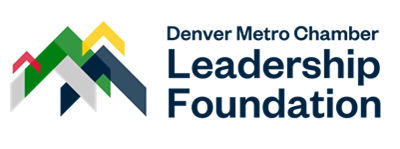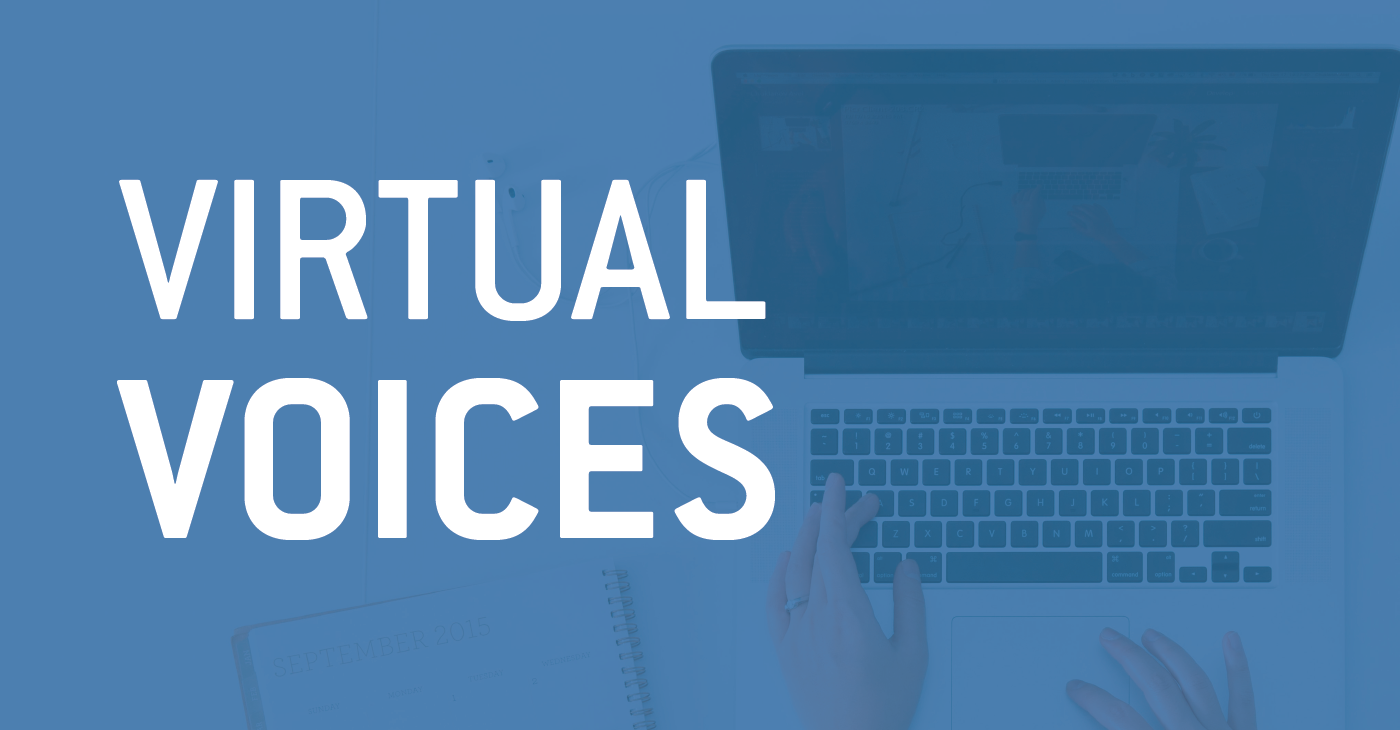The Denver Metro Chamber Leadership Foundation and TIED (Talent, Inclusion, Engagement & Diversity) Roundtable hosted their sixth collaborative Virtual Voices on Thursday, June 17 in a highly informative session that touched on power dynamics and shared strategies for organizations and individuals to utilize when approaching diversity, equity and inclusion (DEI) work.
Monica Williams, president, TIED & executive producer, The Equity Project, LLC, moderated the discussion between Nora Abrams, Mark G. Falcone director, Museum of Contemporary Art Denver, Lauren Guthrie, vice president, Global Inclusion, Diversity, Equity & Action (IDEA), VF Corporation, and Shane Portfolio, senior vice president, Comcast.
Check out our key takeaways and the video of the webinar below.
Put your power where your mouth is to create meaningful change. When Monica Williams first began working within the DEI space, she thought she would never see individuals willingly cede power to others within their organizations. Now, she has seen firsthand through her work the effect that one person’s choice to cede power can have. If more people gave up power, we would have a shot at dismantling some of the ways that power and oppression are impacting our society.
Everyone has power. The first step to understanding how you can empower others is by examining the ways that you wield power in your life. It’s vital to develop that self-awareness. At the same time, you should examine your personal values and understand how to use your power in a compassionate way. We are all positioned to leverage our power in different ways. This is intentional work that needs to be collective as well.
Power is not like pie. There is not a finite amount of power in the world. You do not diminish your own power when you give it to others. In fact, time and time again studies show that when you hire diverse teams and empower them within your organization, everyone thrives. It just makes business sense to empower those around you. This conversation about power is not an “or” conversation; it is an “and” conversation.
Examine your organization and create benchmarks for success. From an organizational perspective, you will see evidence of inequality if you look for it because systems leave evidence behind. Make a long-term commitment to examine your company’s data – both qualitatively and quantitatively – so you can track success over time. You can’t change something that you don’t measure.
Communicate your mission and maintain transparency with your audiences. Speakers touched on power within their teams, but also focused on the public and how transparency on both fronts is necessary. By calling out inequities in the workplace, we can confront them head-on. There is no unilateral truth for us all, and DEI work needs to be approached with this in mind. It is not simply about making others uncomfortable; it is about supporting others through their discomfort. Ensure your team understands the mission and intention behind your work so you can measure its perceptions and significance.
Sounds great, but what do I do now? Our speakers shared many strategies they’ve used within their own organizations. All four speakers talked about staying grounded and being intentional. This work cannot be secondary or tertiary. Companies must make a real, long-term commitment to confront systemic inequality at work.
You can view a list of resources compiled from previous Virtual Voices webinars here. We have started a list of definitions to help frame this and future discussions at Virtual Voices. You can read and download that list here.
Read
Prosper CO’s Top 10 Things Employers Can Do Today to Create an Economy That Works for Everyone
Join us for an upcoming Virtual Voices or TIED Meeting. Check out our upcoming programs.
- TIED 2nd Quarter Meeting – 9 to 11 a.m., June 24

